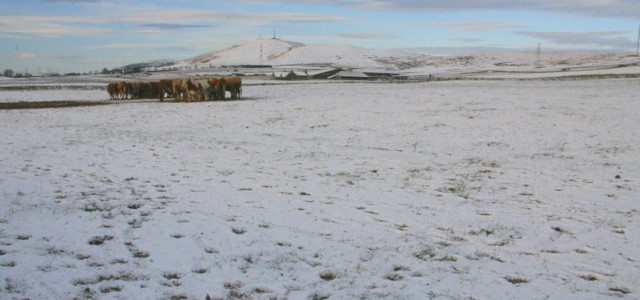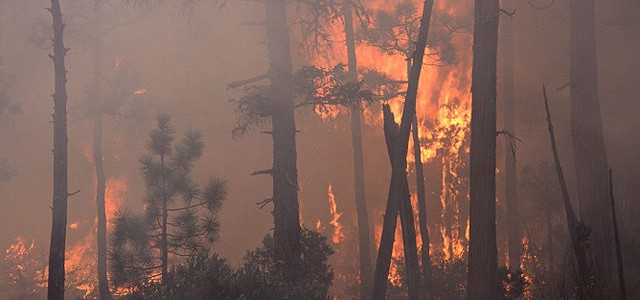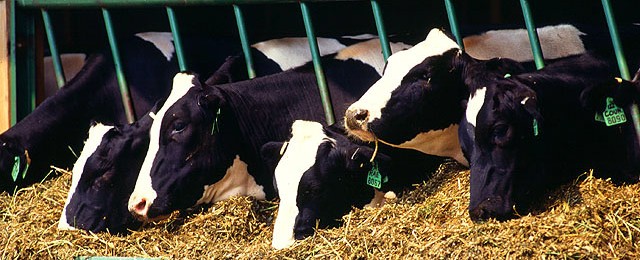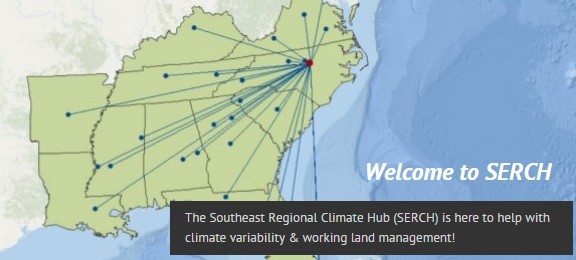Livestock
-

A blizzard that hit parts of Texas late in 2015 has caused significant losses to the dairy industry, including the loss of 40,000 dairy cattle, according to an article in AgWeb on December 31. In addition to the deaths of many cattle in the frigid and stormy conditions, hundreds of truckloads of milk had to be…
-

Heavy rains in the Pacific Northwest this month have caused big problems for dairy farmers due to flooding rains, washed-out roads and loss of power. The map below shows that some areas have received over 20 inches in the last two weeks. AgWeb posted an article about the problems along with a gallery of photos…
-

AgWeb had an interesting story this week about how cattle producers have been affected by the large number of forest fires that have occurred there this year due to the drought. The fires have destroyed large numbers of acres that were devoted to forest grazing, increasing the need for ranchers to find other sources of…
-

This week’s Considering Climate blog from the Animal Agriculture in a Changing Climate group that helps fund On the CASE discusses the perspectives of a dairy farmer (1700 cows) in New York on management strategies for his farm. While he does not know how much climate change is affecting his farm, he does know that good…
-

The Southeast Regional Climate Hub’s latest newsletter is now available here. It includes a number of meeting announcements, updates, and short articles, including one on managing swine in an El Niño year. Check it out!
-

The Washington Post had an interesting article this week on how companies use weather predictions and observations to drive their sales of items that are seasonal. So a forecast of snow might cause an increase in ads for snow shovels, skis, and soup. Or a forecast of hot weather might increase sales on ice cream.…
-

Dr. Dennis Hancock of UGA has a timely article about dealing with all the moldy hay that has been produced this year during the wet and cool conditions this fall. Even hay that was dry in the field may have absorbed moisture in the barn and become moldy later. Horses are the most sensitive to…